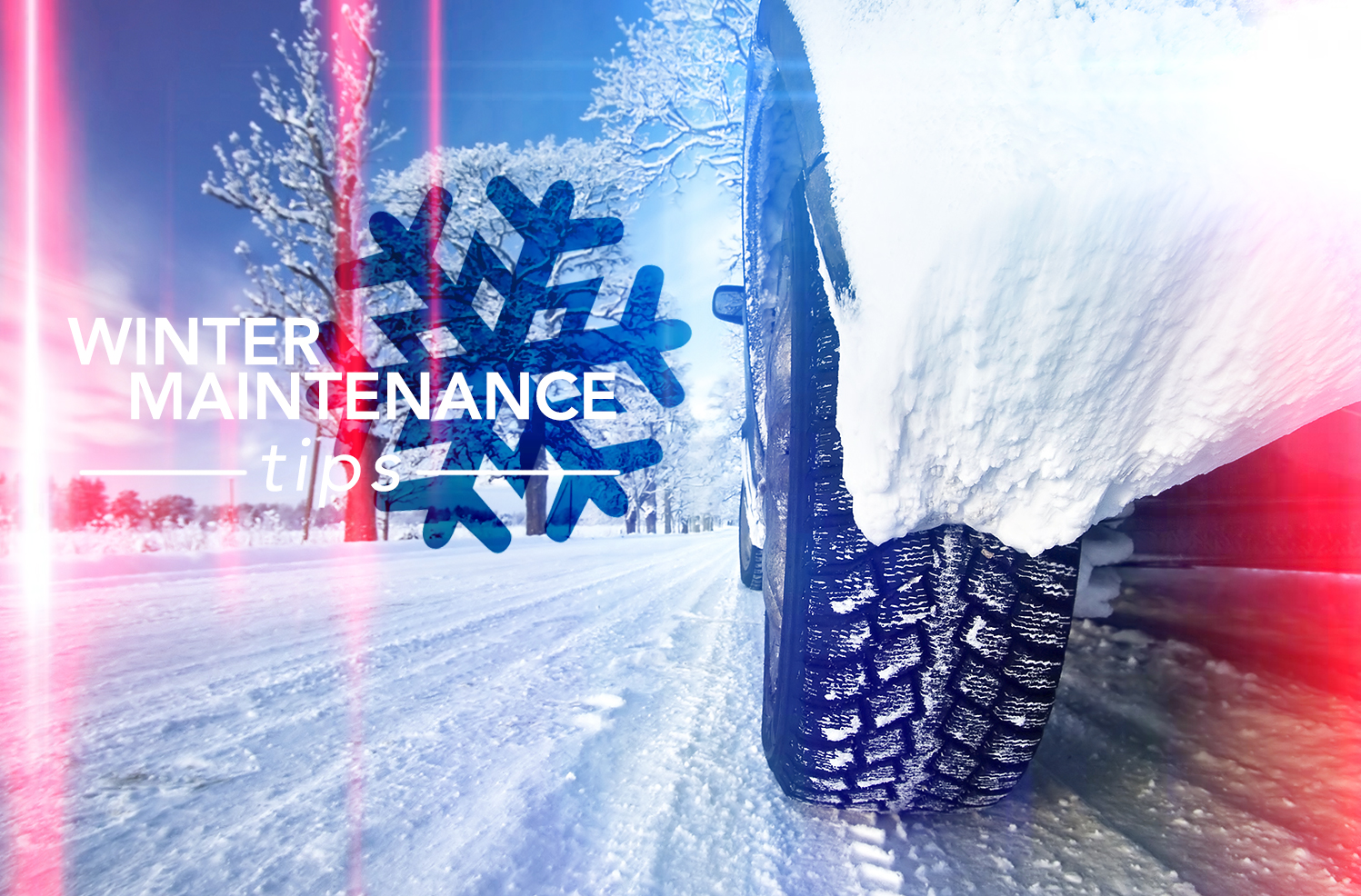Winter is hard enough without having to walk to work in the ice and snow… which is exactly what will happen if your car breaks down due to poor maintenance. Many people don’t realize how much extra care and attention a car needs during the colder months. Here a few tips to make sure you don’t get snow stranded:
Check the battery. Cold temperatures significantly reduce your battery’s cranking power, especially if you park your car outside. Make sure you’re regularly checking your battery’s fluid level. On a conventional battery, remove the plastic caps on the top. If the fluid is low, add distilled water. On maintenance-free batteries, check that the window at the top of the battery displays a fully-charged status. If you’re unsure or having trouble, go to your local service station. There is usually little charge to test your battery (haha).
Replace wiper blades. Even the most efficient wiper blades lose their effectiveness after about six months. When you know you’re gearing up for a season of icy windshields, go ahead and replace them. They are pretty easy to install, but if you have questions or prefer a professional, most service and auto part stores will change them out for free when you purchase the blades.
Change the oil. Cold weather causes motor oil to thicken, which makes it harder for your car’s engine to turn over. Before winter sets in, make sure to visit your local service station for an oil change. They will also check your coolant levels (sometimes referred to as “antifreeze”), inspect your radiator and heater hoses, and do an overall “winter health” check.
Inspect your tires. Tire pressure drops by about one pound per ten degrees of temperature, so monitor your tire pressure at all times. Additionally, your tread level is extremely important during the winter, as your safety depends heavily on tire traction. In mild to moderate snow, a new set of all-season tires should do the trick. If your area receives heavy snow, you might want to consider buying dedicated winter tires. These tires don’t last as long as all-season tires, but they have tread patterns and rubber compounds that are specially designed to grip snow and ice. I know that new tires are an expensive investment, but you and your family are valuable cargo!
The above maintenance and preventative care tips will help you have a safer winter! They’ll also keep your car drivable for years to come.




No Comments